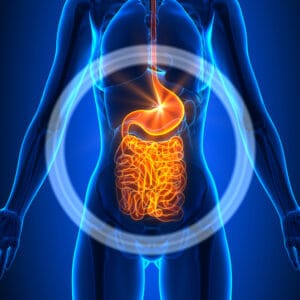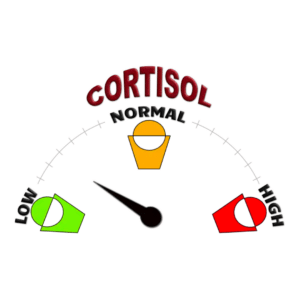Age is more than just a number, and understanding the difference between chronological age and biological age can make a significant difference in promoting optimal ageing. Chronological age is simply the number of years a person has been alive, whereas biological age takes into account physiological measurements that assess how old a person’s body appears. It is determined by a variety of factors such as genetics, lifestyle, and environment that influence the ageing process.
While we cannot stop the natural ageing process, it may be possible to reduce biological ageing through lifestyle changes, such as following a balanced diet, exercising regularly, getting enough sleep, managing stress, and staying socially engaged. Detecting biological age can also help predict disease risks before conditions arise. Although there is no single established way to measure biological age, one method involves assessing the state of a person’s immune system and inflammation by analysing the glycans attached to Immunoglobulin G in their blood (https:// glycanage.com/price-and-plans)
Protocols promoting optimal ageing are holistic. They involve a comprehensive approach that addresses multiple aspects of health and wellness, with a focus on promoting optimal function and reducing the risk of age-related diseases. They can be summarised as follows:
Assess for nutrient deficiencies: Comprehensive lab testing is used to identify nutrient deficiencies that can impact the ageing process.
Eat a nutrient-dense diet: A nutrient-dense diet that is rich in fruits, vegetables, healthy fats, and lean protein is recommended.
Manage stress: Stress management techniques such as meditation, yoga, and deep breathing exercises are recommended to reduce stress and promote optimal ageing.
Support healthy sleep: Adequate and restorative sleep is important for optimal ageing. Strategies to support healthy sleep include establishing a regular sleep schedule, avoiding stimulating activities before bedtime, and creating a calming sleep environment.
Exercise regularly: Regular exercise is important for maintaining physical and cognitive function and promoting optimal ageing.
Address inflammation: Chronic inflammation is a contributing factor to many age-related diseases. Strategies to address inflammation include eating an anti-inflammatory diet, managing stress, and avoiding exposure to toxins.
Address environmental toxin exposure: Reducing exposure to environmental toxins can help promote optimal ageing.
Promote optimal methylation: Promoting optimal methylation through a healthy diet, stress management, and targeted supplementation can help support healthy ageing.
By taking these steps, we can reduce biological age and promote optimal ageing, potentially reducing the risk of age-related diseases and improving our overall quality of life.








